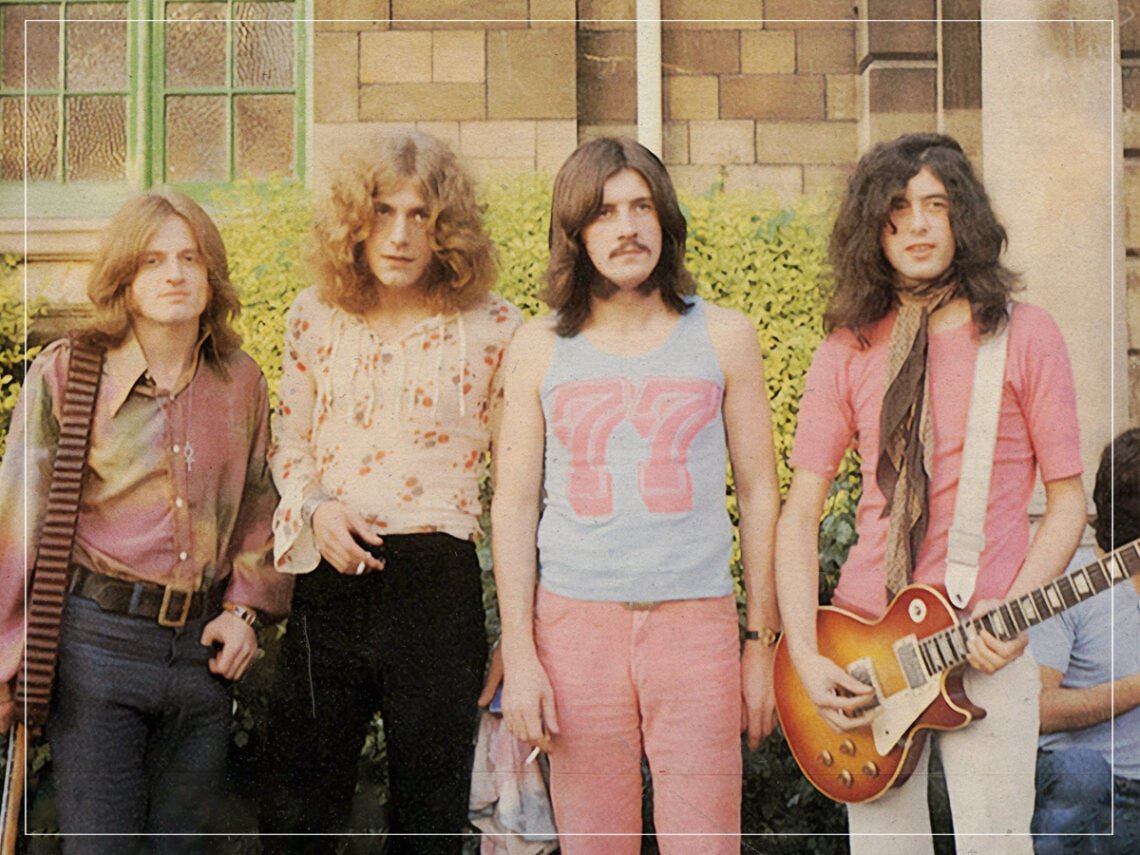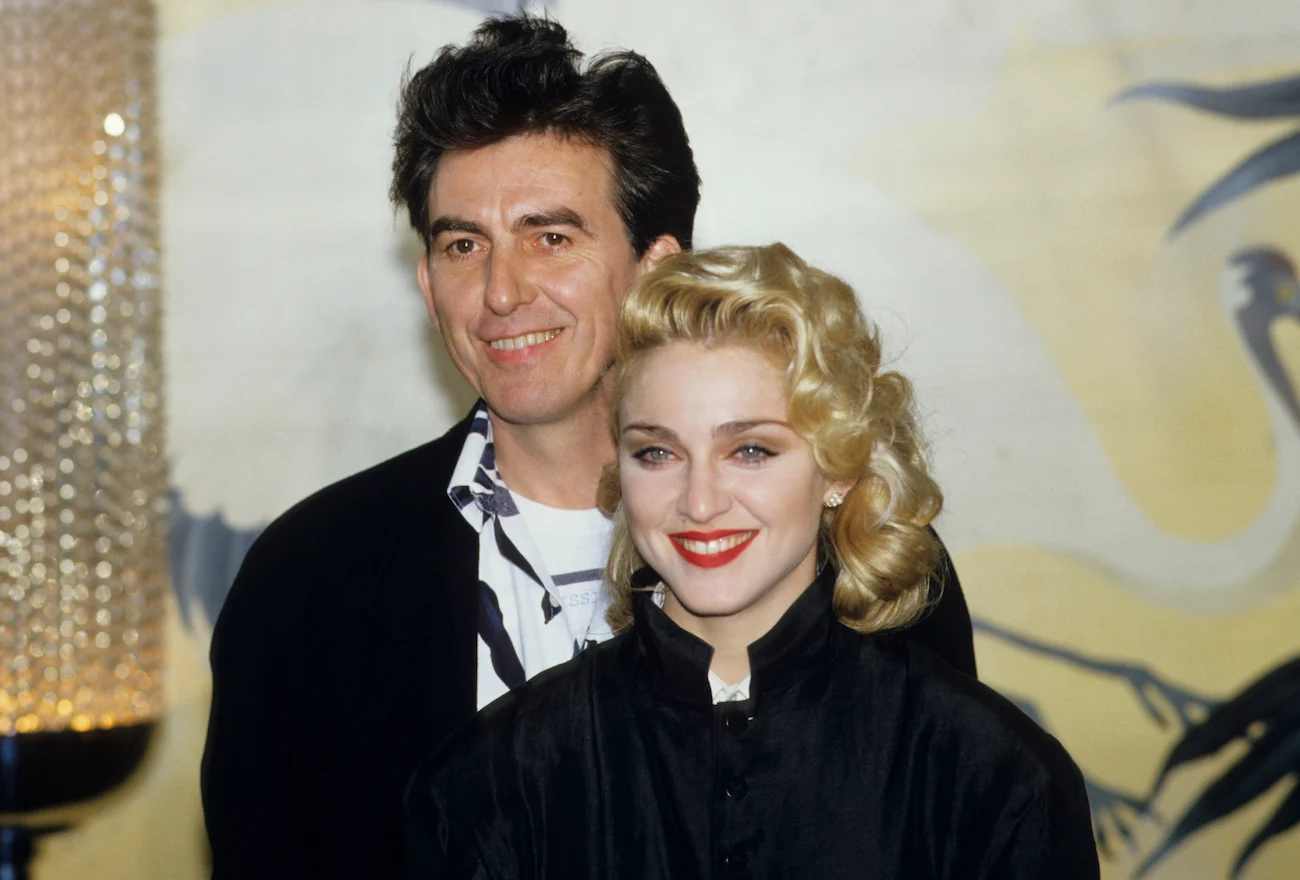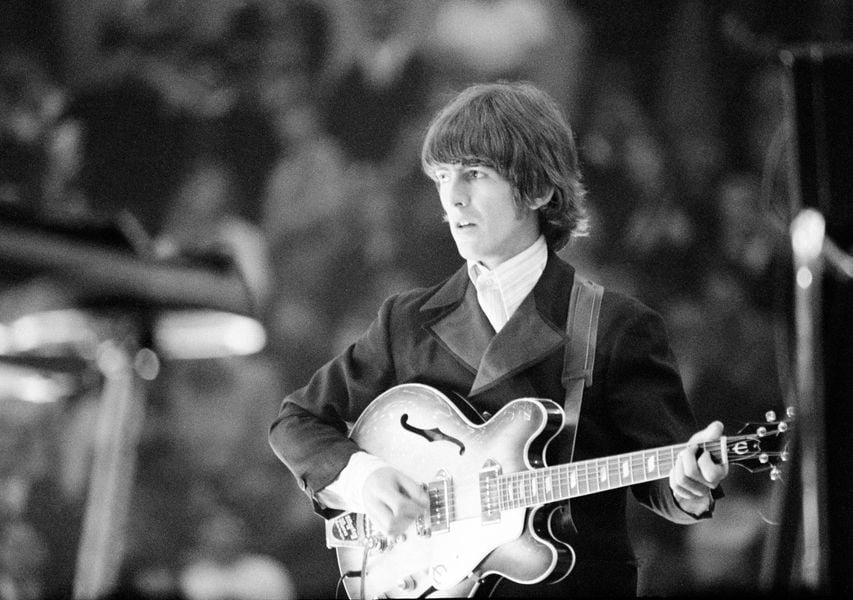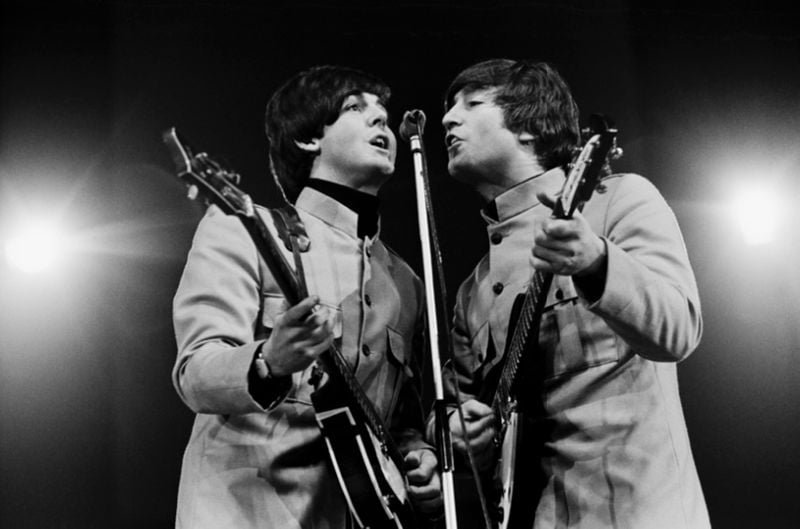
Live performance has always been an essential aspect of the rock and roll world, with artists fighting a continuous battle of attempting to create the biggest spectacle. The emergence of hard rock and proto-metal during the late 1960s ushered in a bold new age of live rock and roll performances, and Led Zeppelin were at the very forefront. The Jimmy Page-led outfit was famed for their awe-inspiring rock performances, but with such an extensive discography, not every Zeppelin song made it into their setlists.
By the time Jimmy Page came to form Led Zeppelin in 1968, he already boasted an extensive level of experience as a songwriter and performer. Having spent years as a sought-after session musician, and then a leading member of blues rock titans The Yardbirds, he entered into Led Zeppelin already a seasoned musical master. As such, it didn’t take very long for the newly founded band to rise to the top of the rock and roll pyramid.
Throughout their tenure, Page and Led Zeppelin crafted a wealth of now-iconic tracks, from the timeless guitar tones of ‘Stairway to Heaven’ to the wailing vocals of ‘Immigrant Song’. What’s more, the band seemed to work tirelessly, releasing their first four albums in the space of two years. Inevitably, this prolific work rate made it difficult for the band to select tracks to perform during their legendary live performances.
Led Zeppelin were a live act like nobody had ever witnessed before, attracting mass audiences for their sublime performances. This reputation is perhaps best encapsulated by the band’s 1975 shows at Earls Court in London. Initially announced as a three-day residency, tickets for the shows sold out in just four hours – an unprecedented timeframe back in the 1970s – and two more shows were quickly added. It was these shows that firmly established Zeppelin among the biggest rock bands of the 20th century.
Those Earls Court dates were predominantly in support of the band’s Physical Graffiti album, which was released the same year. An extensive double album containing classics like ‘Kashmir’ and ‘In My Time Of Dying’, the album’s opening track ‘Custard Pie’ is particularly worthy of note.
Like many Zeppelin tracks from that period, ‘Custard Pie’ is an amalgamation of old or forgotten blues songs, including Brown McGhee’s ‘Custard Pie Blues’, and the Sleepy John Estes track ‘Drop Down Mama’. However, only Robert Plant and Jimmy Page were listed as songwriters on the track, culminating in accusations of plagiarism for the band.
Worse still, ‘Custard Pie’ is a thinly veiled euphemism for female sexuality and, to the shock of nobody, the 1970s hard rock outfit do not deal with the topic with much grace. Looking back on the song through a modern lens, its content is fairly cringe-worthy. Chock full of outdated attitudes towards sexuality and gender, it is a rare case of Led Zeppelin’s work not standing the test of time.
Perhaps as a result of this uneasy influence, the band rarely ever used the song during their live performances, even when they played those legendary shows at Earls Court. In fact, there is only one documented performance of the song, which occurred at Ahoy in Rotterdam when the band performed in January 1975, prior to the full release of Physical Graffiti.





